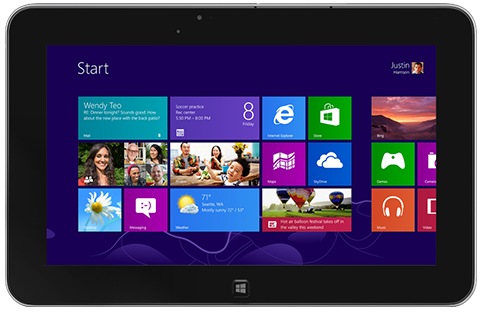The recent revelations about the NSA’s technological surveillance of American citizens have caused many in the US and overseas to question their level of trust in the US government. The German government and citizens have been particularly vocal about their skepticism of US surveillance practices. The issue is coloring the recent election season, as the media outlets post encryption techniques and question the use of US based social networking sites. Given the country’s history, it is understandable why they would be particularly attuned to fears of a “surveillance state”. Compared to American data privacy laws, which are few and fragmented, Germany has a single data protection act enforced by 17 state supervisors dedicated protecting individual privacy.
These fears have led to an increased distrust of US technology. The German Ministry of Economic Affairs has become uneasy over the security of the Windows 8 operating system, particularly in the Trusted Platform Module which is being built into an increasing number of windows PCs. The TPM chip collects cryptographic data stored for Windows BitLocker, has total control over what programs can and cannot be run on the PC, and even allows remote administration of the device. What is most striking is that the system cannot be overridden through the operating system. Fears abound that this technology would allow for an even greater level of secret surveillance, one which PC users would be unable to escape. Apart from fears of state surveillance, having such a chip raises confidentially issues, should third parties find a method of exploiting the system.
Image provided by windows.com
